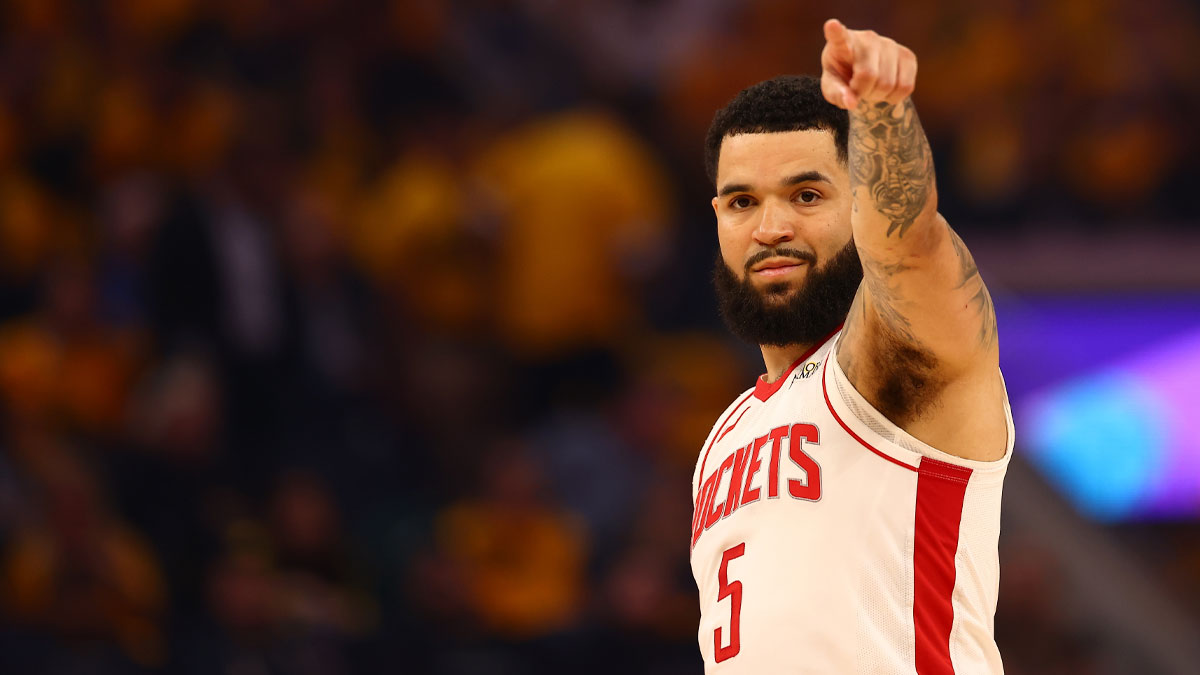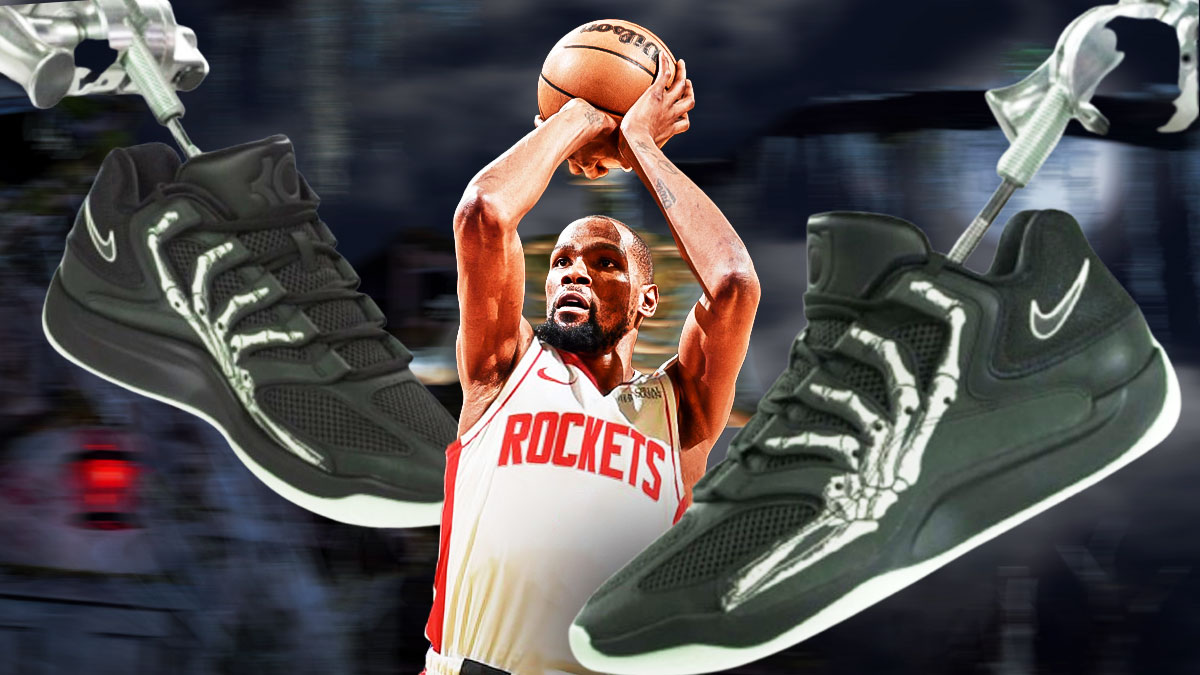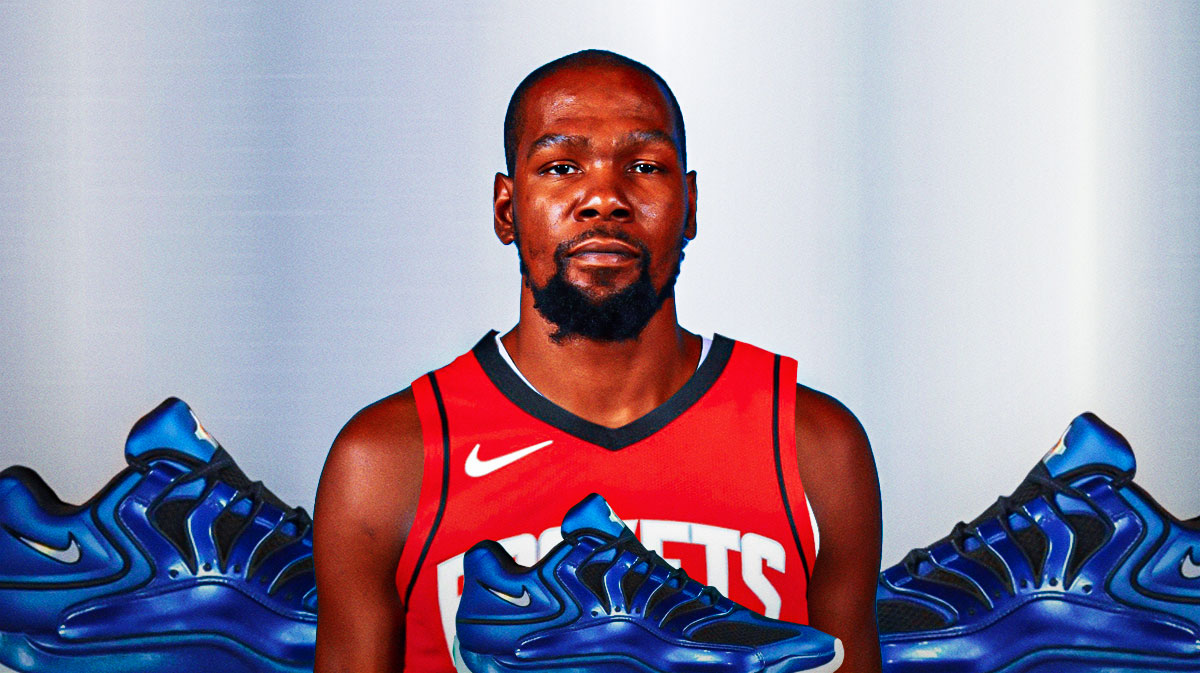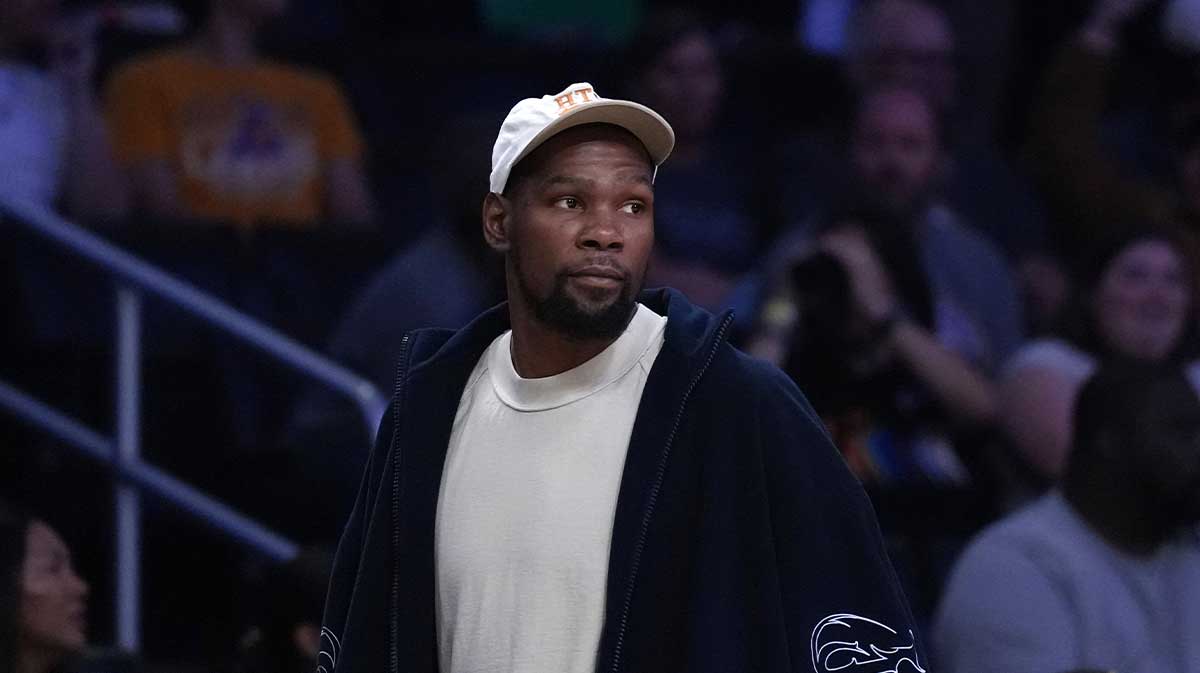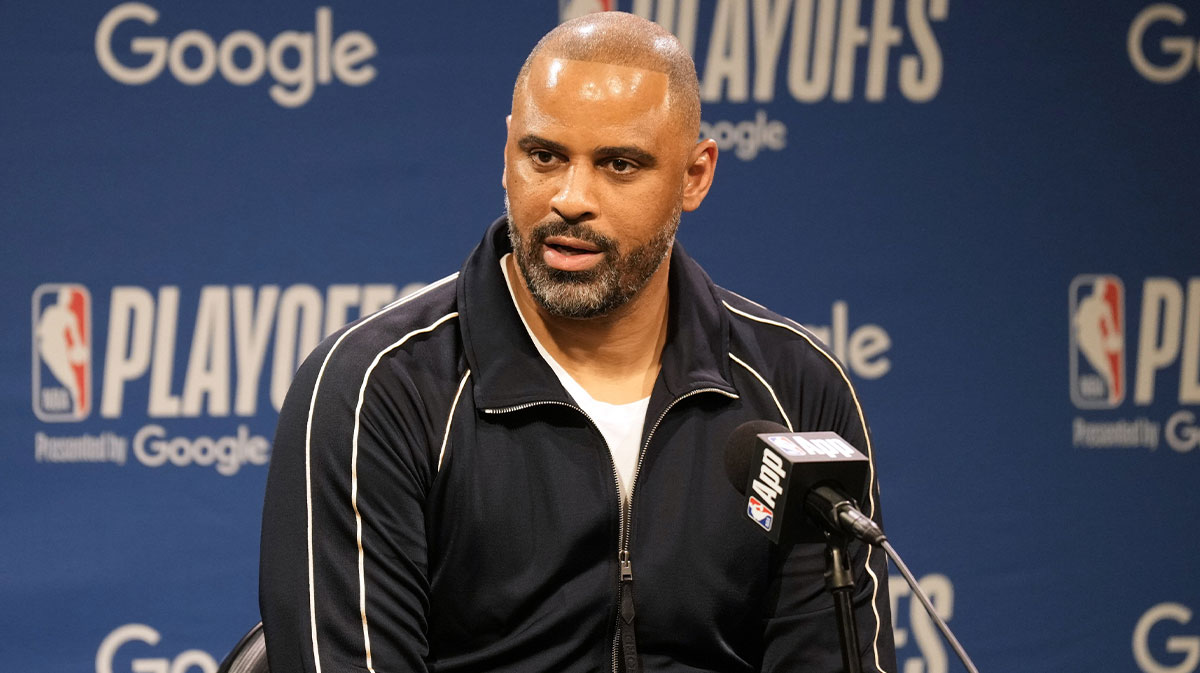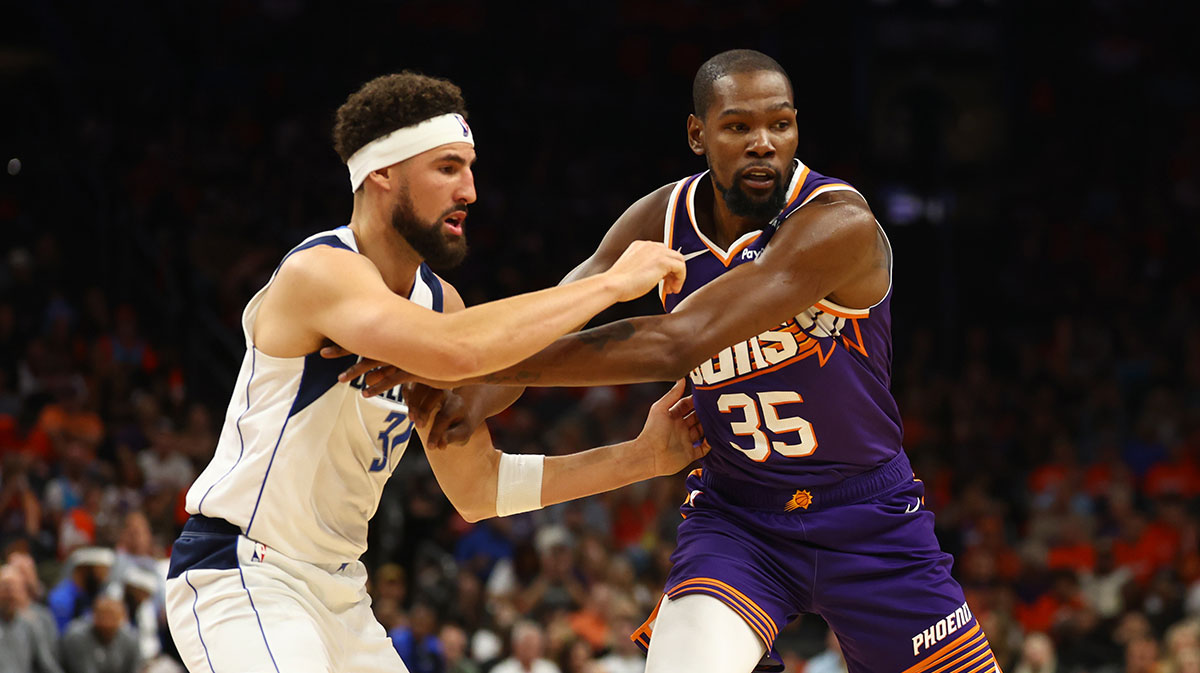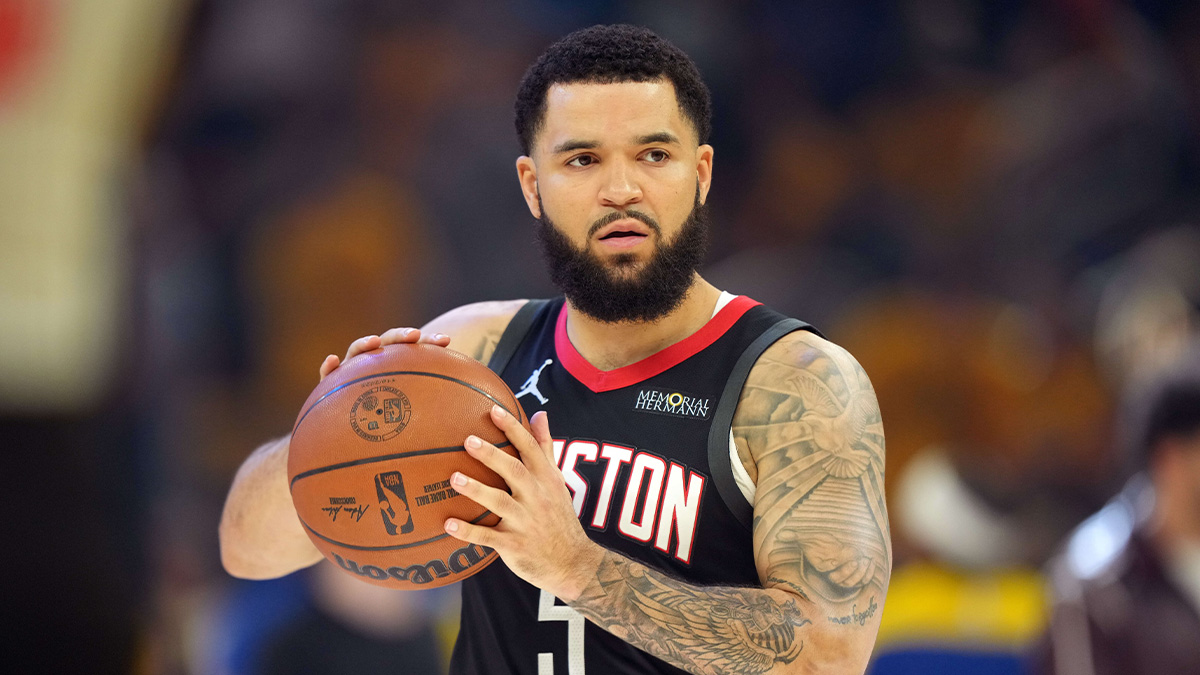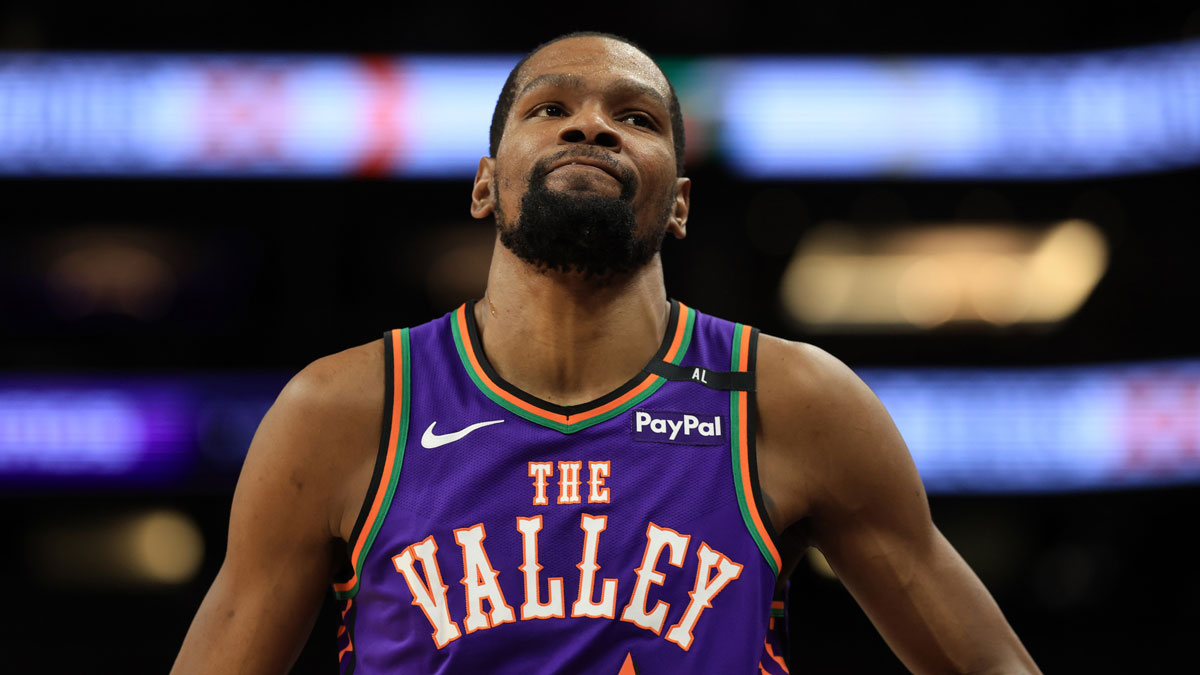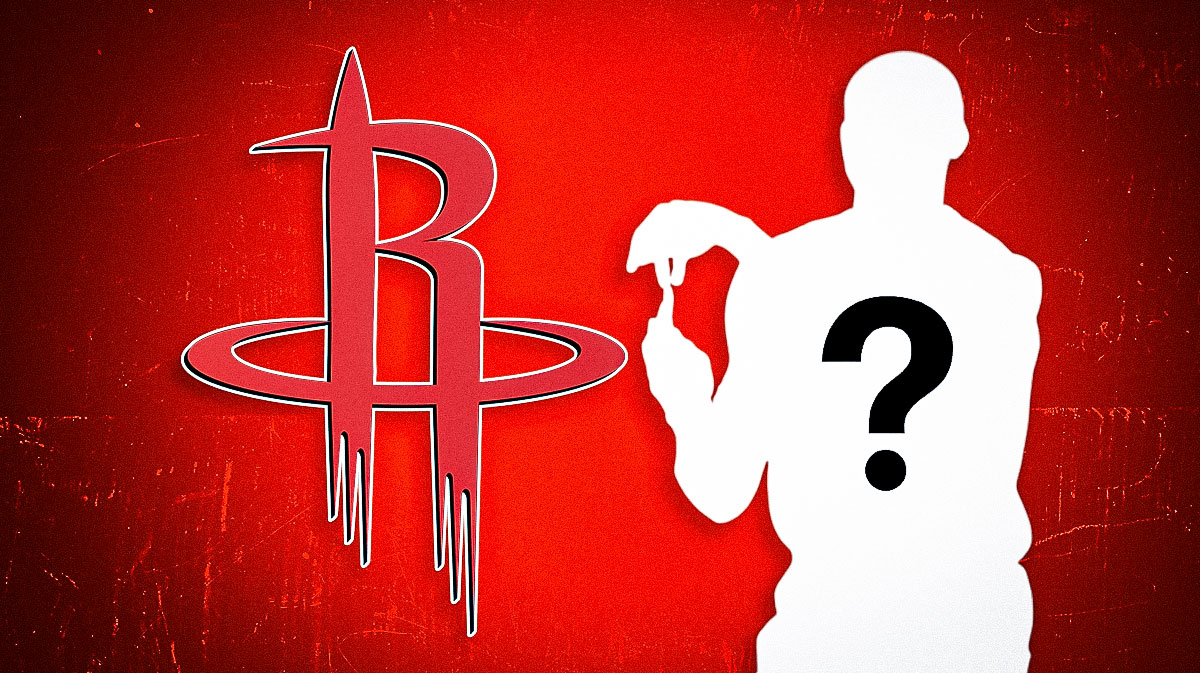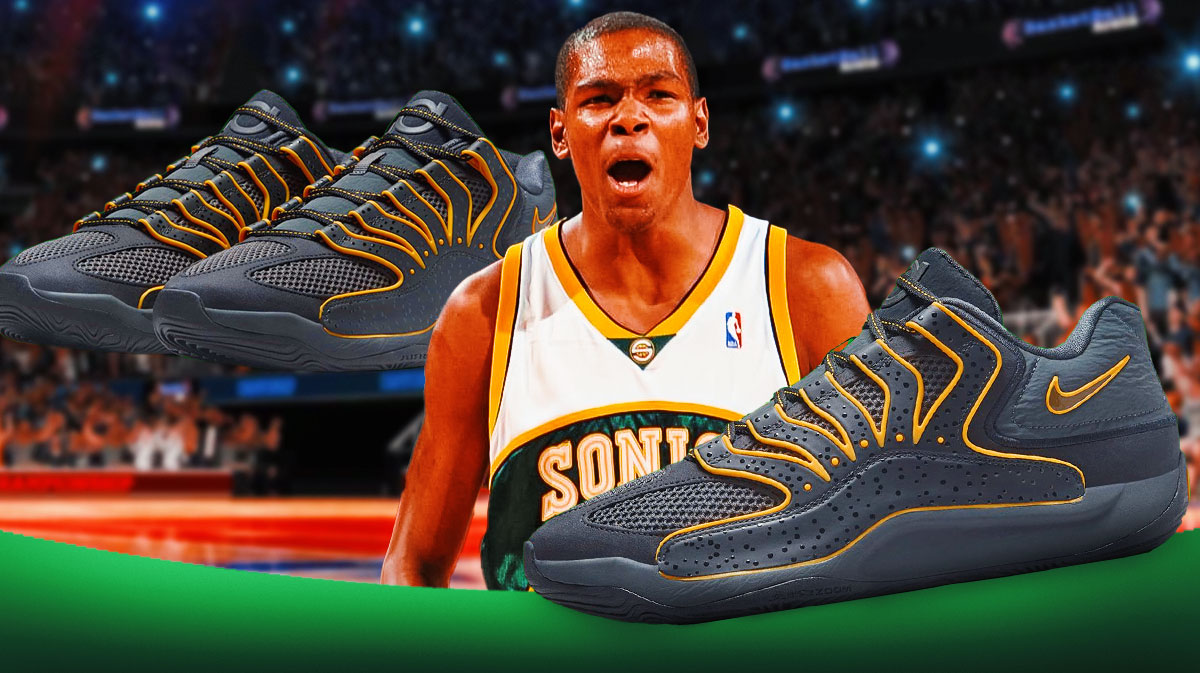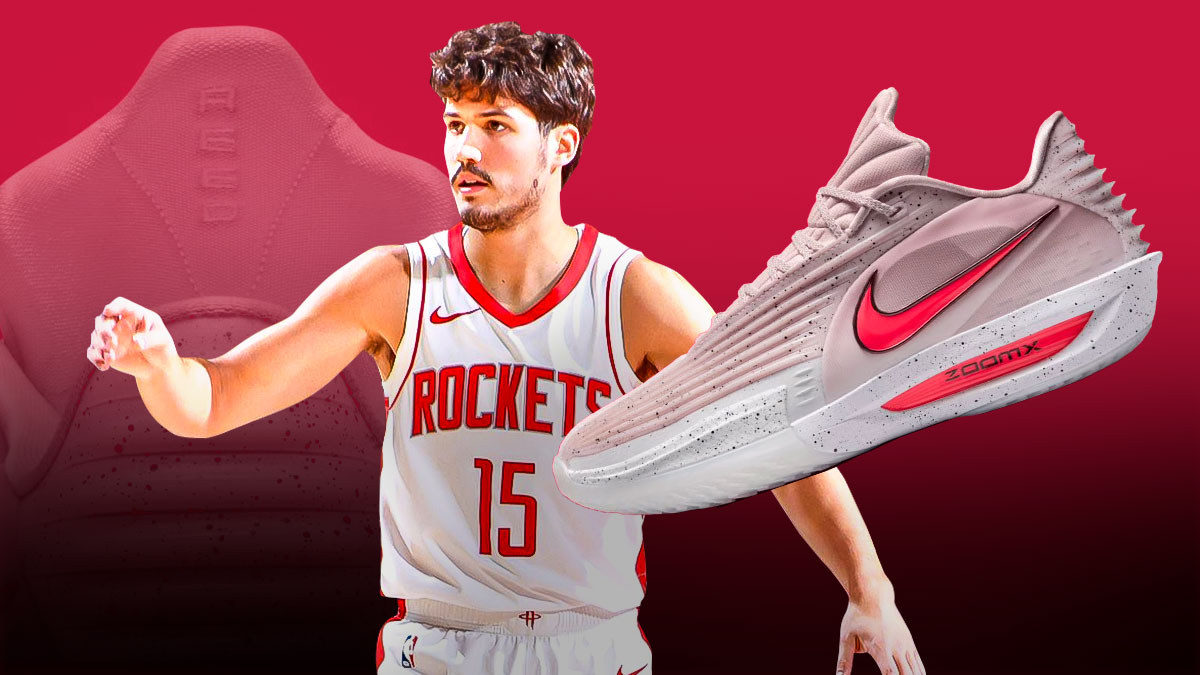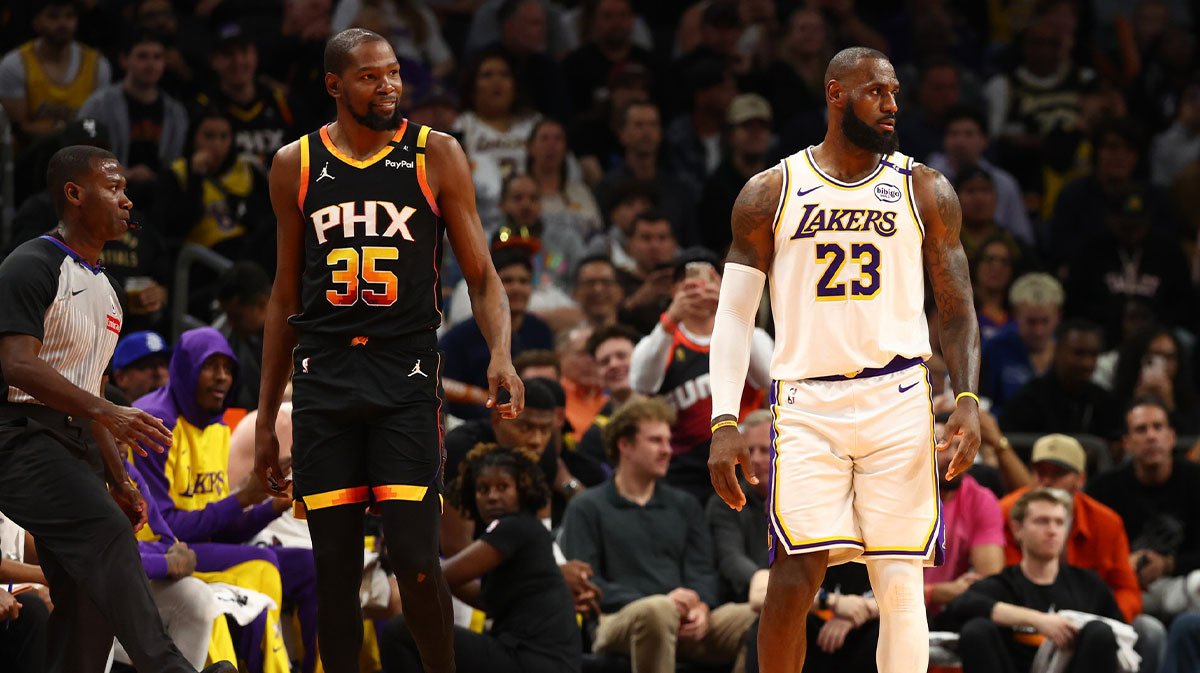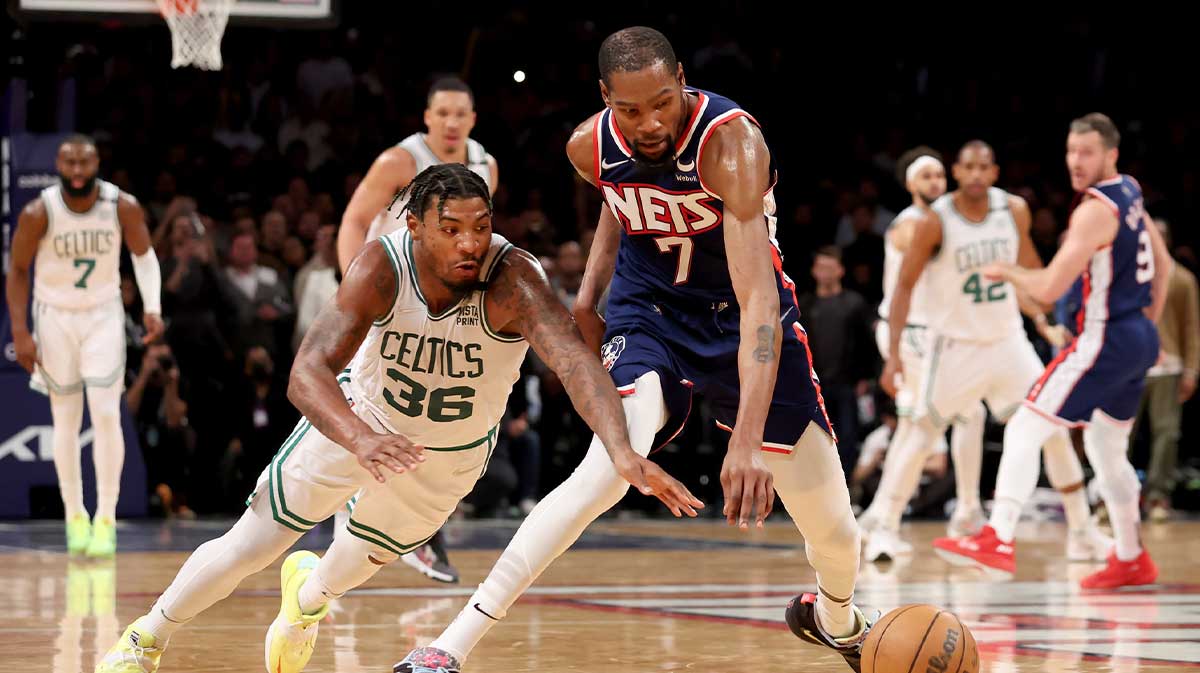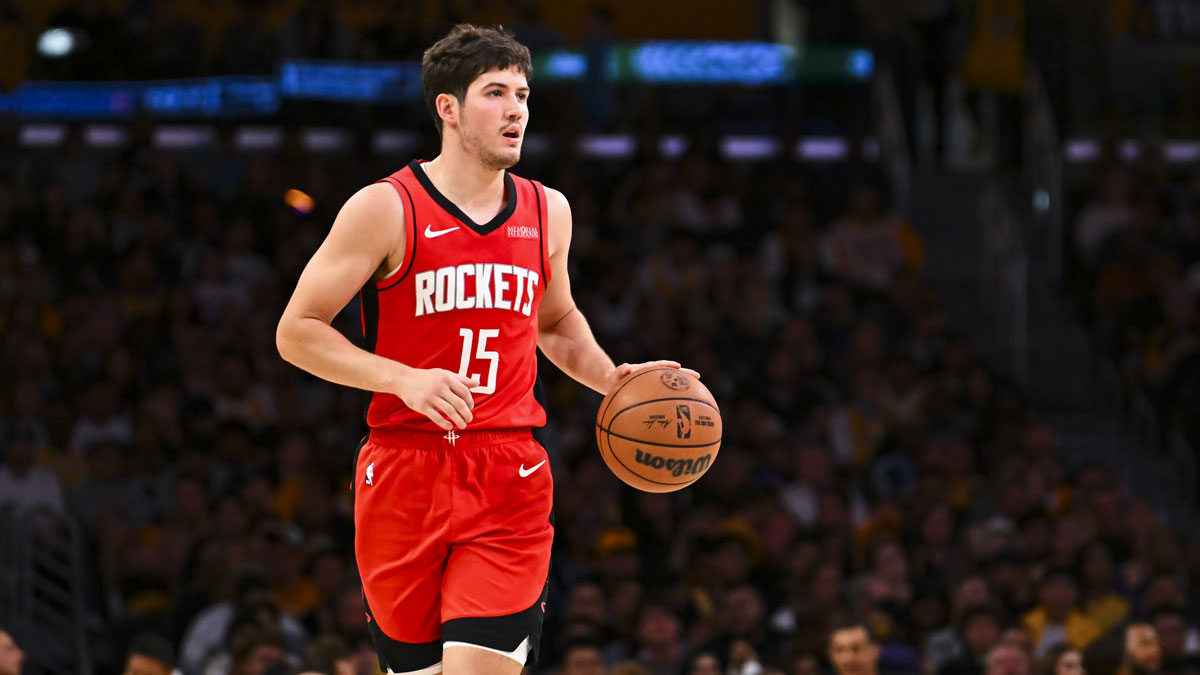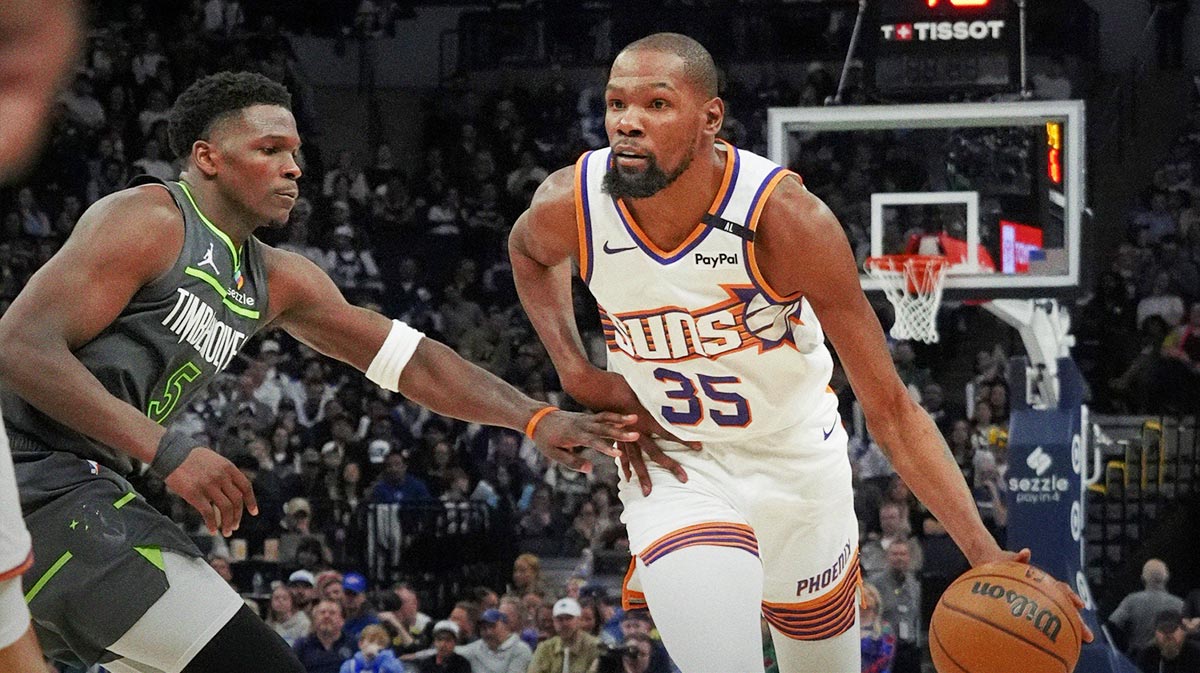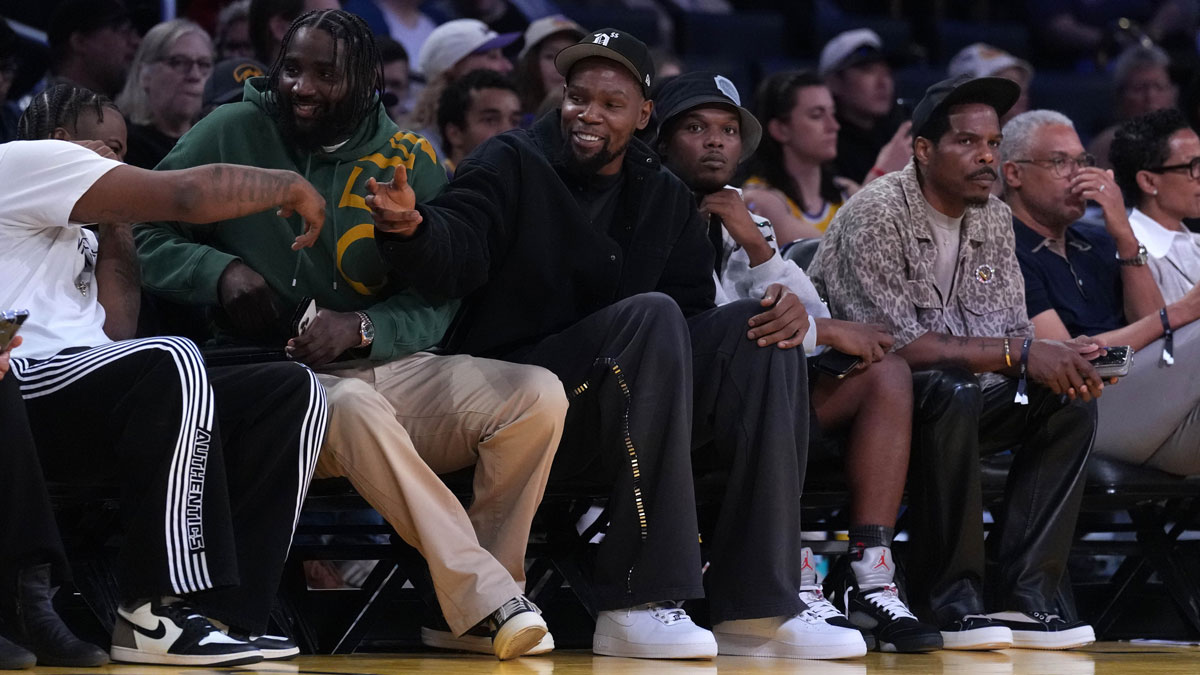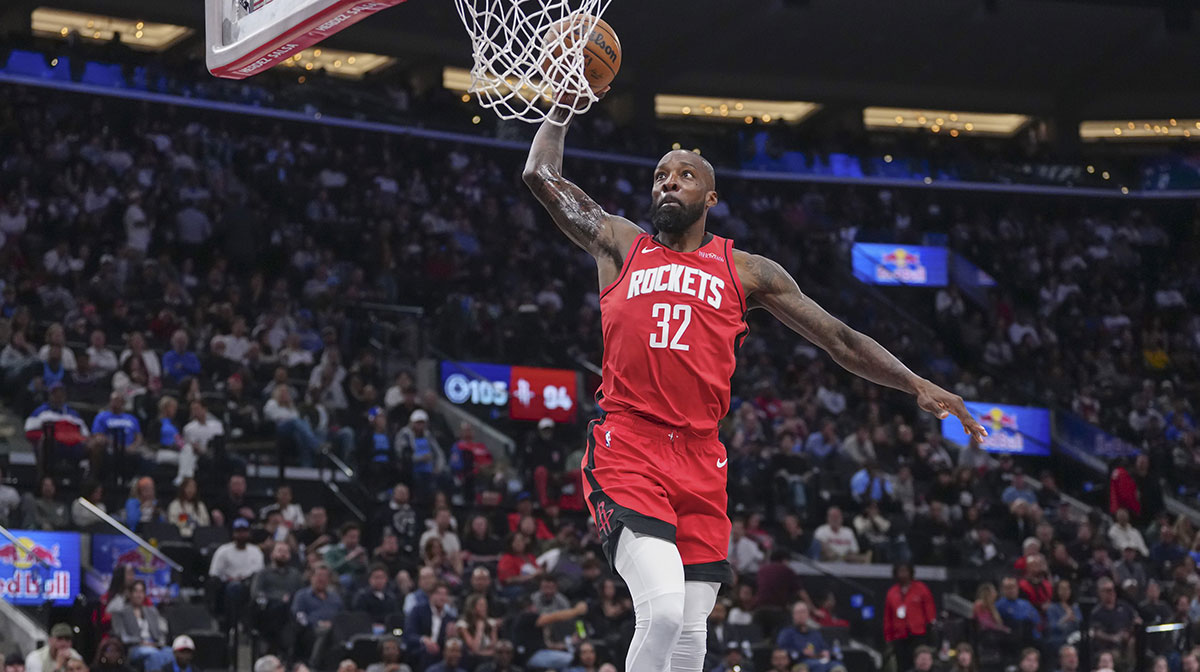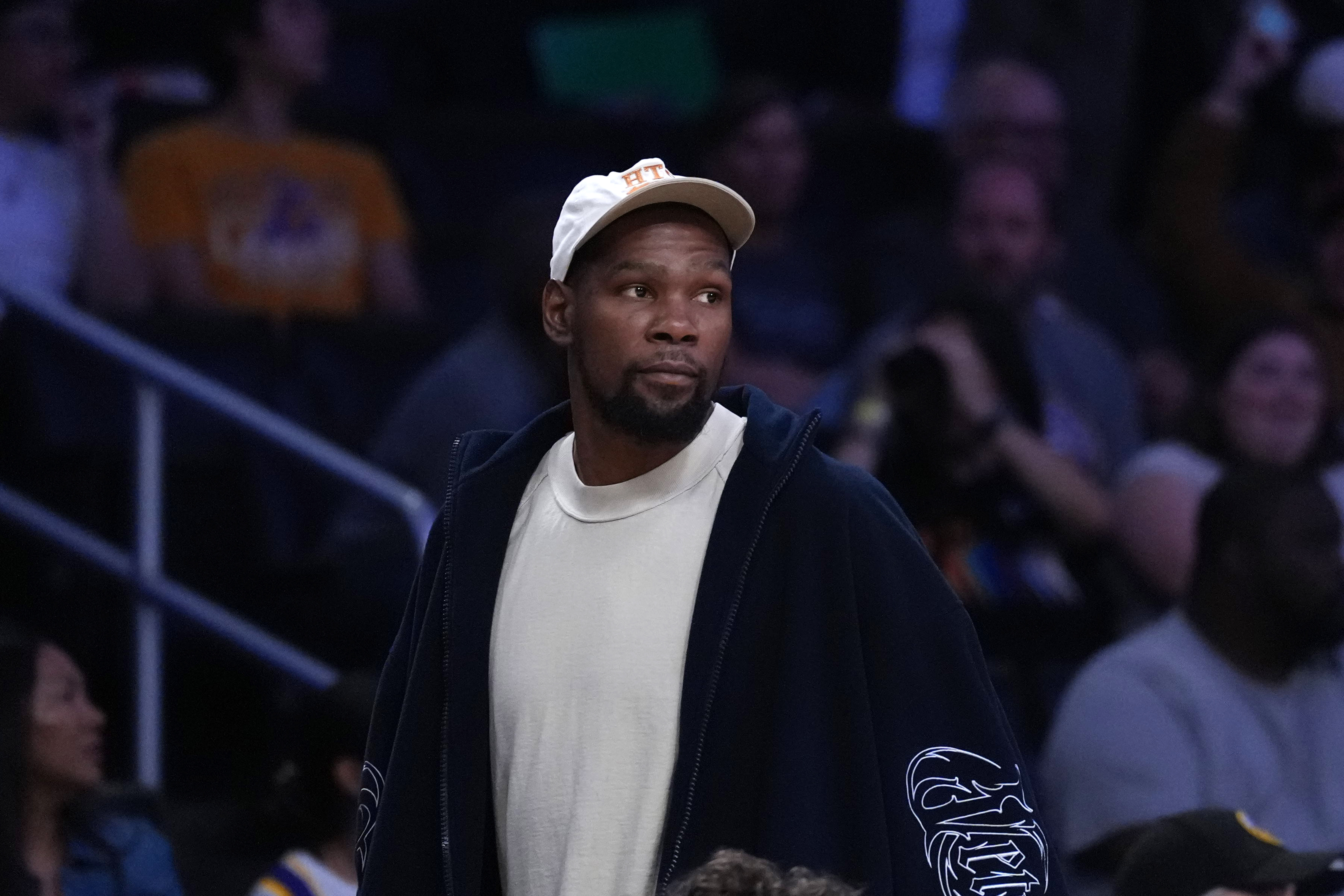The Houston Rockets have been one of the best teams in the NBA over the last two seasons. Unfortunately, they were simply unable to conquer the Golden State Warriors. The Rockets lost consecutive games in the 2017 Western Conference Finals after holding a 3-2 lead, and this past season they failed to capitalize on an injury to Kevin Durant in Game 5 of the Western Conference Semifinals, losing the series in six games.
Since their playoff exit, the franchise has been rife with tension. Rumors swirled about discord between James Harden and Chris Paul, and general manager Daryl Morey seemed to make it clear he was open to shopping every player on the roster aside from Harden.
After failing to acquire Jimmy Butler, it appeared the Rockets would be resigned to running it back with mostly the same roster for the 2019-20 season. But then Morey made a blockbuster move to acquire Thunder point guard Russell Westbrook, sending Paul and a number of future draft picks to Oklahoma City.
While Westbrook is undoubtedly the most high-profile move the Rockets have made this summer, the team also elected to bring back guard Austin Rivers on a two-year deal after they picked him up in December.
On the surface, Rivers is still nothing more than a depth piece for a Rockets team that will ultimately be defined by how Westbrook and Harden jell on the floor.
But Morey's decision to bring Rivers back into the fold could prove to be a huge win for Houston.
Cheap value
It is hard for any team that is handicapped by financial constraints to find quality players at a bargain price. This is likely why Morey was so open to possibly trading guys like Clint Capela, Eric Gordon and PJ Tucker in order to acquire a second star like Butler. He needed to find a way to offload salary.
However, the Rockets were able to bring Rivers back for less than $5 million over the course of two years. He will make just over $2 million this year, and he has a player option for the 2020-21 season. This is hardly much of a cap hit for a player who can play significant minutes in the backcourt while also acting as a capable ball handler when necessary.
Rivers even started 13 games upon coming to Houston last season, and he played over 28 minutes per game (over 21 minutes per in the playoffs), so he is very clearly a valued member of this Rockets team. Bringing him back for a number below the mid-level is an outright win for a team struggling with cap issues.
Floor spacing
Rivers is hardly the most efficient shooter. He really struggled to find his range from the perimeter last season, shooting slightly below 32 percent from beyond the arc. But his playoff numbers are more indicative of his potential with a Rockets team that has added a big-time playmaker in Westbrook.
The former Duke standout shot nearly 46 percent from the 3-point line in the playoffs, and should provide vital floor spacing for guys like Harden and Westbrook to operate. One of the reasons Westbrook struggled with the Thunder is that he was not surrounded by perimeter shooters. However, his explosiveness and ability to drive and dish should make for more open looks for guys like Rivers.
Though he is not the best defender, Rivers competes on that side of the ball, and his deficiencies may be masked by the fact that Westbrook will guard opposing point guards. Pair that with the fact that the Rockets also signed Tyson Chandler to bolster the defense in the frontcourt, and Rivers will have more opportunities to be more aggressive as a defensive playmaker.
In the end, Rivers' value will be determined by his ability to shoot from the perimeter. If he can develop into an off-ball threat and a legitimate sniper alongside guys like Gordon and Harden, the Rockets will be much better off as they hope to compete in the Western Conference.

